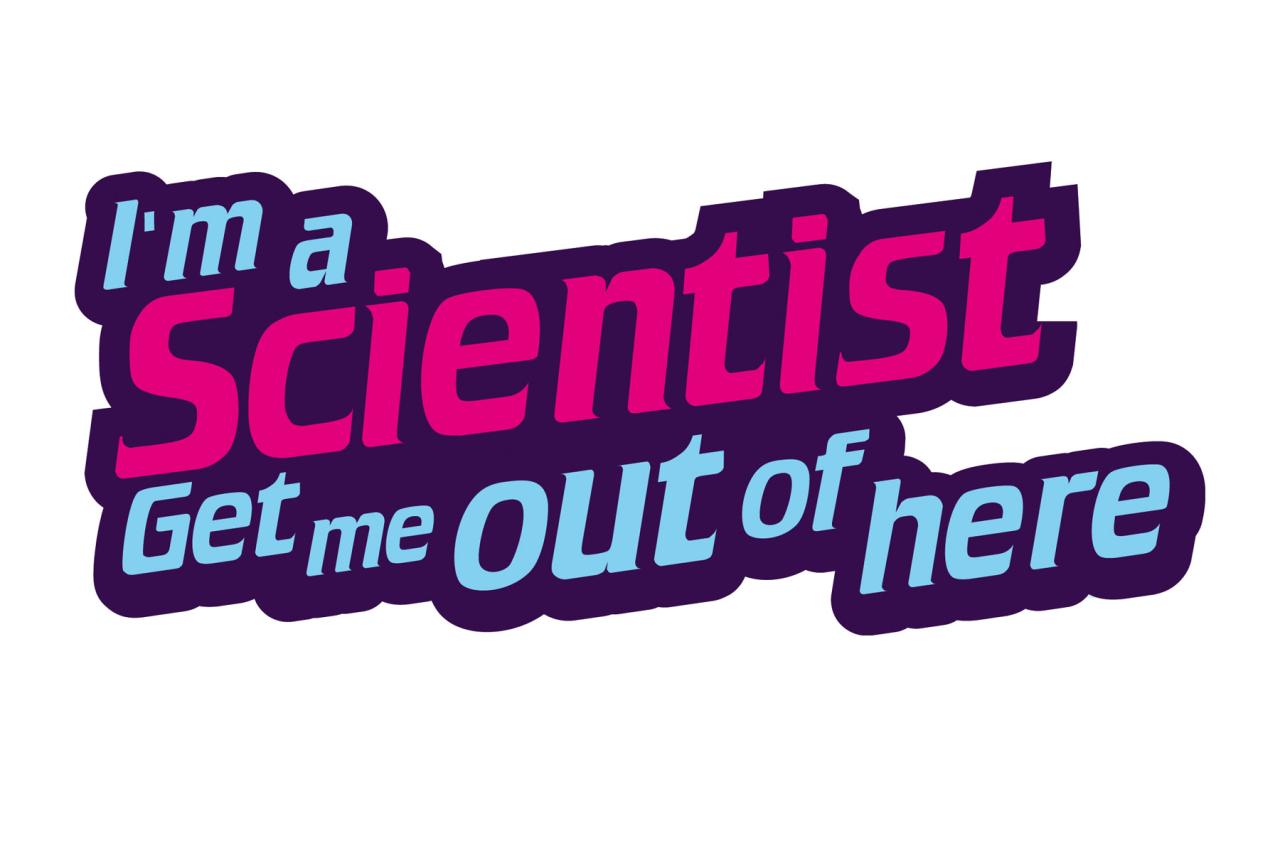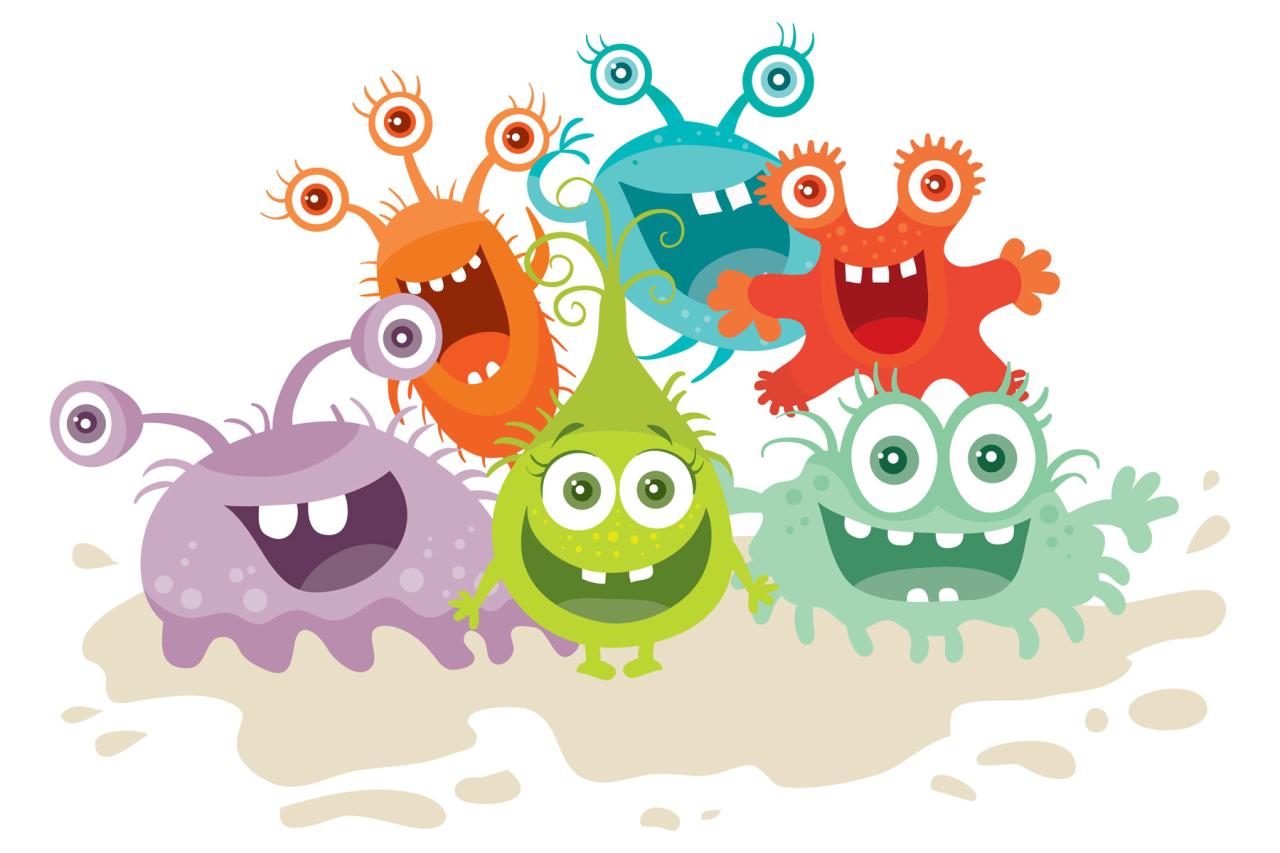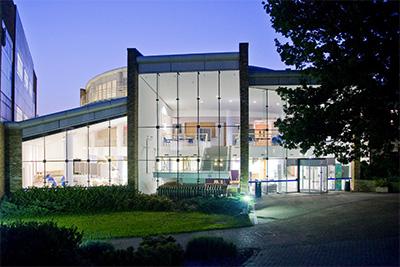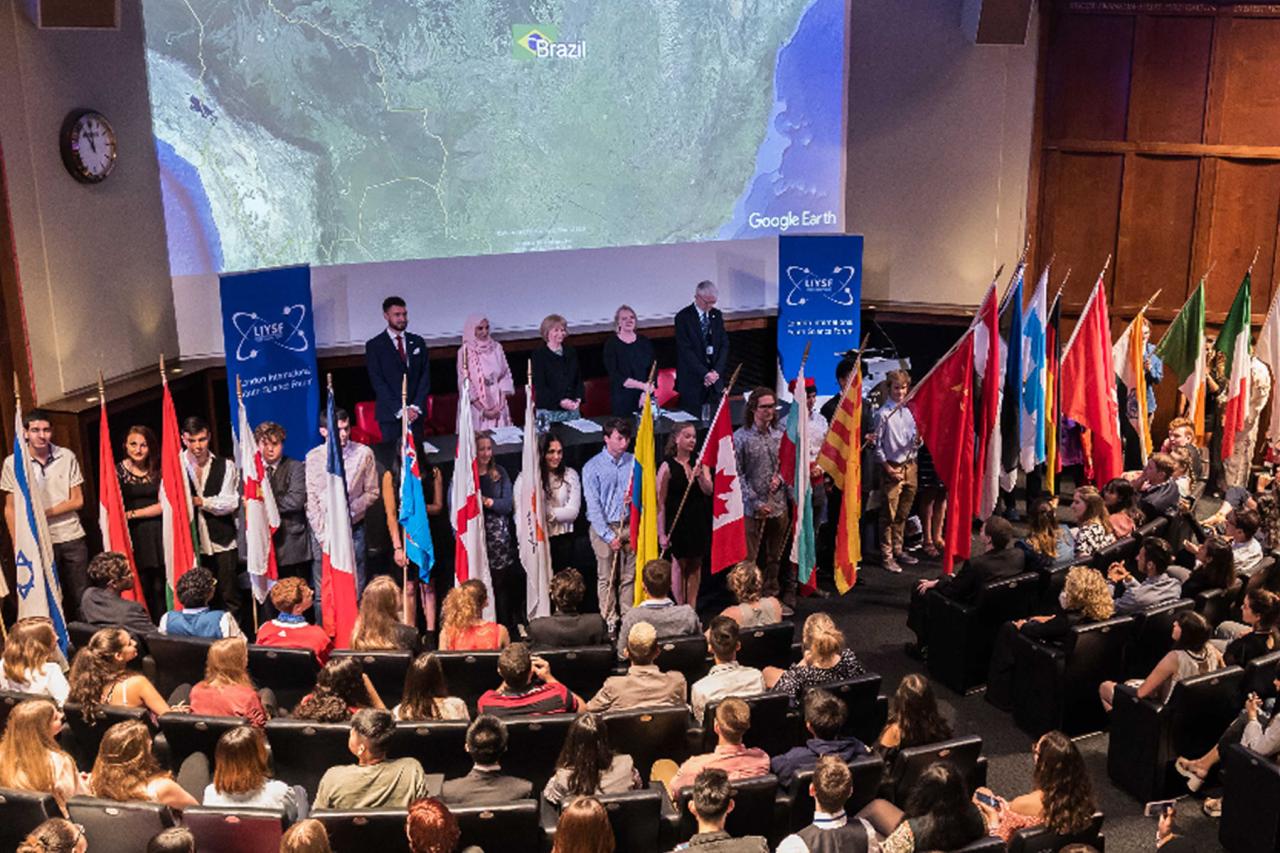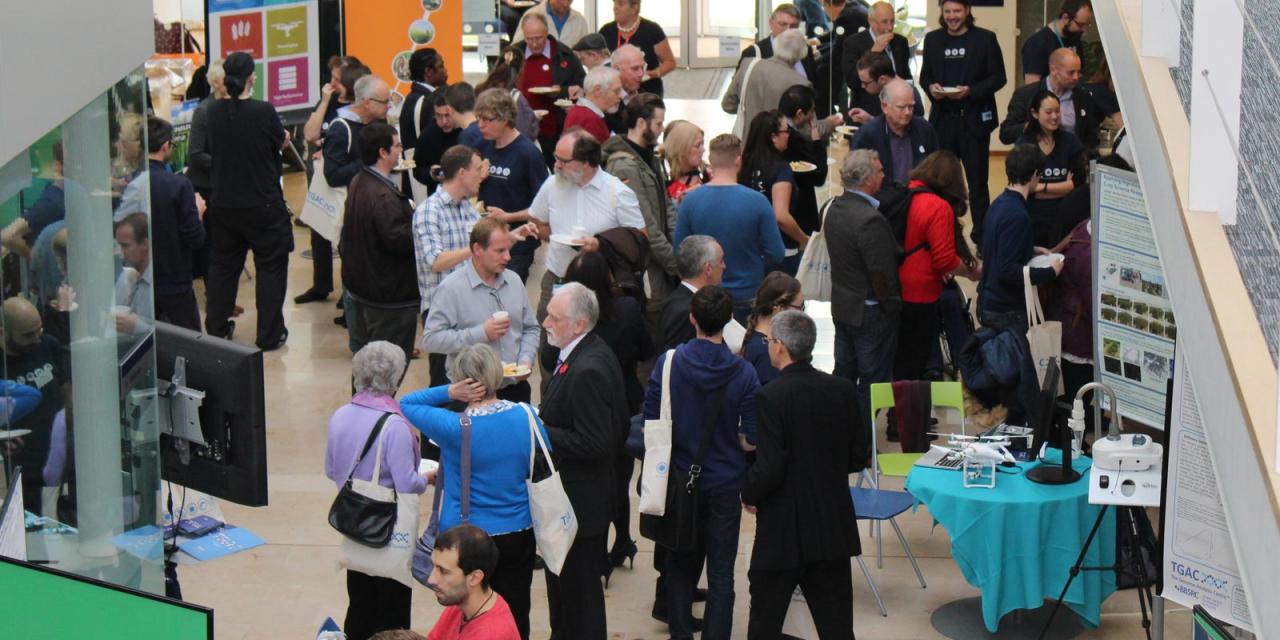On 23 February, Science Cafe of The Cut, Halesworth invited scientists from the Earlham Institue (EI) to share their expertise on modern genomics technologies and how they will shape our future.
EI's Scientists on the Loose aims to involve members of the general public in the scientific research undertaken at the research institute by engaging local audiences in discussion and dialogue. This is a vision aligned with that of the established Science Café at The Cut, so this was destined to be an exciting and fascinating event.
Dr Ksenia Krasileva, Dr Dan Swan and Dr Tim Stitt formed a panel to discuss the future of genomics (analysing the structure of our DNA), phenomics (physical traits of organisms as they change in response to genetic mutation and environmental influences) and high performance computing (HPC) in resolving complex biological questions in plant, animal and human health.
The Science Café’s theme this spring is food - the previous discussion was on wheat and climate change, and the next (31 March) will be on the sustainability of pulses. Therefore, EI’s talks on genome sequencing specifically of crops, fitted in well with the plethora of biological challenges and ramifications for food security, and a sustainable bioeconomy.
Drawing in over a hundred people, the genomics technology session: “Matching phenotypes to genotypes, a holistic story,” begun with Dr Krasileva discussing the plight faced by crops in terms of health and disease resistance and how this links to human health and nutrition.
Dr Daniel Swan went on to explain how the need to understand the genetic basis of diversity and what makes a healthy plant or animal has led us to the ‘tipping point’ of next generation sequencing. Where we’re now able to sequence billions of DNA in the space of days rather than years, and for a fraction of the cost.
This led into Dr Stitt’s section of the talk, in which he will explain how the sheer quantity of genetic data that is produced at EI can be stored and processed by using HPC and how cutting-edge supercomputer technologies can improve efficiency. Tim also discussed how HPC will look in the future, from using spare smartphone capacity to analyse ‘big data’ sets, to using quantum computers with high-profile international partners.
Finally, Dr Krasileva brought all three talks together by enlightening the audience on how we can use genetic information to explore the way plants and animals function through linking DNA sequences to agronomic traits and arable farming.
After the talks, there was a Q&A session, as well as the chance to discuss issues raised one-to-one with our scientists; giving both the audience and the scientists time to reflect on the importance and relevance of the research undertaken at TGAC and elsewhere.
Event lead Dr Peter Bickerton, Public Engagement & Society Officer at EI, said: “Events such as these truly capture the essence of public engagement; combining science communication with ample chances to discuss and debate the value of our genome analysis research at EI.
Dr Swan, commented: “The event was a great way to engage with public; we had a wide-ranging debate on the how to generate, preserve and analyse genetic information in an ethical way. It was amazing to be able to take a sequencer to the event (an Oxford Nanopore MinION) and show people the future of sequencing up close.”
Dr Kraseliva, added: “This was a fantastic opportunity to discuss the impact of modern sequencing and data analyses on biology, especially for crops such as wheat. The best part for me was the hour long question-answer session. There was a very bright school student who knew everything already about computers and did not hesitate to ask the most difficult questions. I hope he will be joining us for an internship this summer.“
Science Café is a series of regular meetings held at The Cut in Halesworth Suffolk to explore and discuss the latest ideas in Science and Technology in an informal atmosphere, whilst also enjoying a selection of both hot and cold food and drink from the Cut Café. To find out more visit http://newcut.org/aboutsciencecafe or follow @CutSciCafe on twitter.


